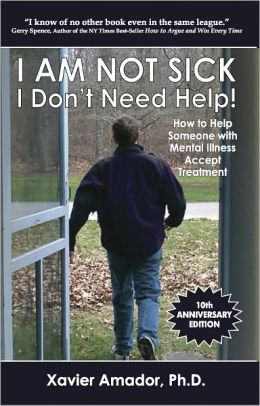 “Let’s say you have some hard evidence to prove that you’re at least partially the cause of your child’s problems. Where will that get you now?”
“Let’s say you have some hard evidence to prove that you’re at least partially the cause of your child’s problems. Where will that get you now?”Was it the divorce that put your daughter over the edge? Maybe you think you worked too much or too little, or lost your temper too many mornings when your daughter couldn’t find her bus pass. As parents, we are used to having a great deal of control over what happens to our children. When serious emotional problems erupt, it can be tempting to blame ourselves.Consider the likelihood that your teen’s break would have occurred even under the most ideal circumstances.
Let’s say you have some hard evidence to prove that you’re at least partially the cause of your child’s problems. Where will that get you now? Guilt has its purpose–it alerts us to the fact that we’re doing something wrong and inspires us to change. Beyond that, it is useless. It can erode our self-confidence, keeping us locked into negative behaviors in a vicious cycle of lashing out followed by remorse. So once you think you’ve identified your “sins” (and let’s remember, we parents are human and thereby, by our nature, imperfect), try to set them aside. They will aid you no further, and there is work to be done. Don’t let guilt get in the way.
If you think it will help, you can explain your regrets to your teen. You may be surprised at how forgiving they are. You can’t do anything about the past, but the future is full of opportunities to do things differently. Put your energy there, and I think you’ll find the guilt slowly diminishes.
